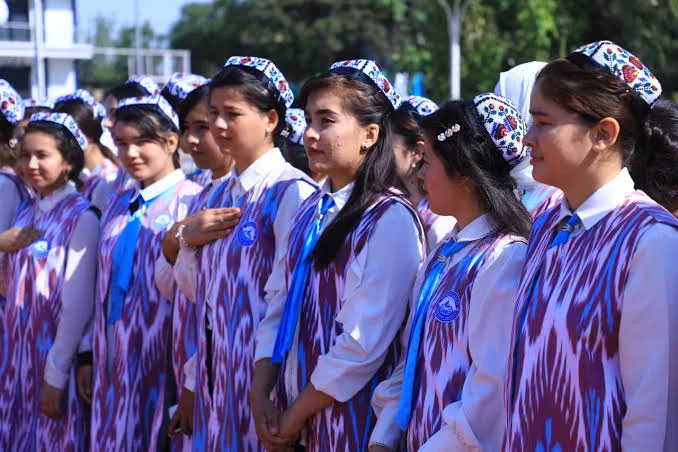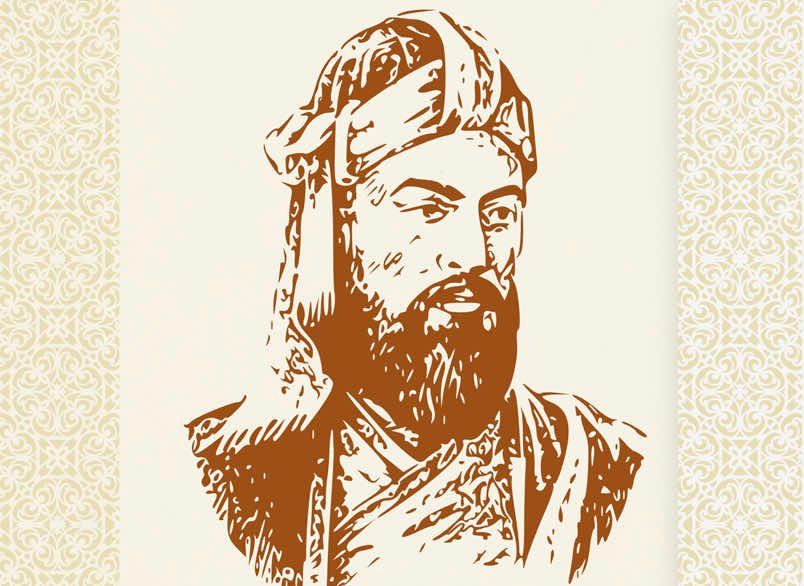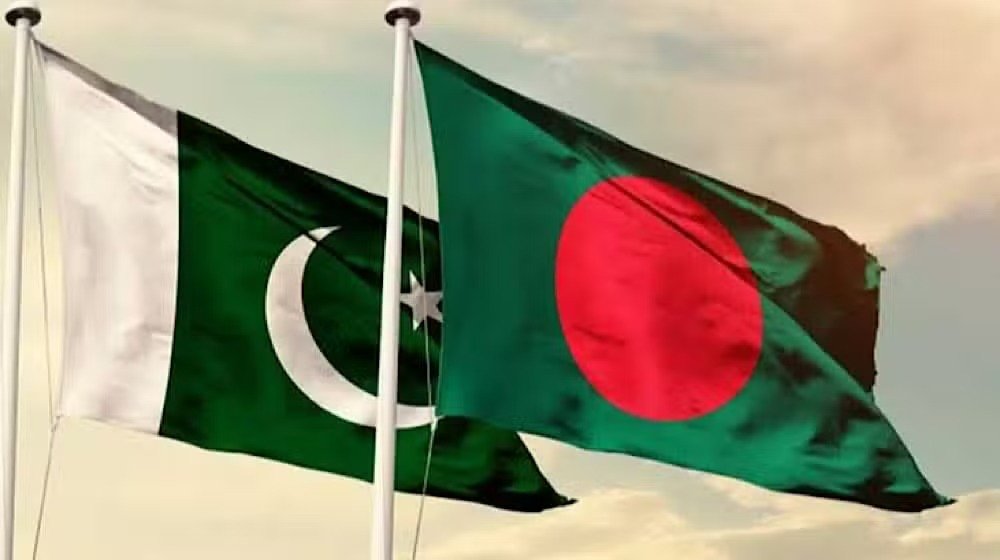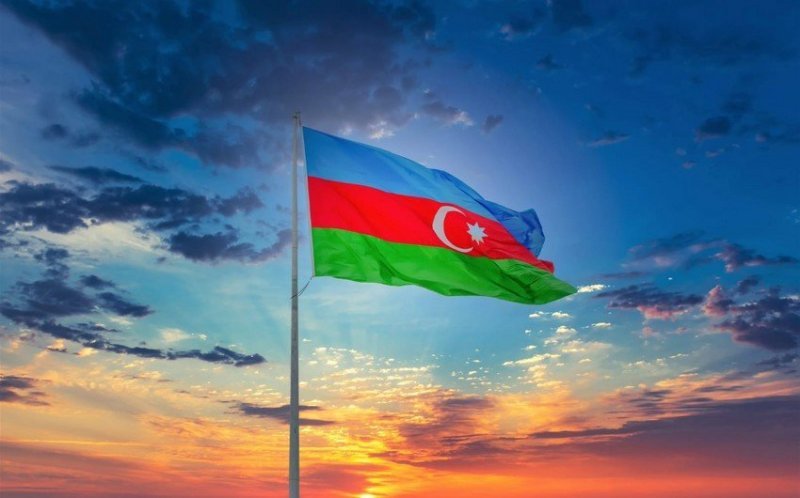The updated Constitution of Uzbekistan has strengthened the framework, providing for new mechanisms to ensure equality between women and men. Article 58 of the Basic Law states that the state ensures equal rights and opportunities for women and men in managing the affairs of society and the state, as well as in other spheres of public and state life.
The 2019 Electoral Code established a 30 percent quota for women candidates out of the total number of people’s representatives nominated by political parties.
In connection with the adoption on December 18, 2023 of the Law “On Amendments and Additions to Certain Legislative Acts of the Republic of Uzbekistan, aimed at further improving the procedure for holding elections and referendums,” amendments were made to Articles 70 and 91 of the Electoral Code, providing for the nomination of candidates for deputies by political parties increasing the minimum number of women from 30 to 40 percent.
The share of women in entrepreneurship reached 37 percent, in political parties – 46 percent, in higher education – 48 percent. Currently, 33 percent of the deputy corps of the Legislative Chamber of the Oliy Majlis, 24 percent of the members of the Senate, 25 percent of the deputies of the Jokargy Kenes of the Republic of Karakalpakstan, regional Kengashes of people’s deputies and the city of Tashkent are women.
An important area of support for girls has been special attention to their quality education.
In 2017, 102.4 thousand female applicants entered universities; by 2023, their number has increased almost fivefold. To achieve such results, work has been done to stimulate and provide the state with material and moral support for girls to obtain higher education.
In 2021, a special scholarship was introduced, financed by the Student Incentive Fund, for girls studying full-time in higher educational institutions who need social protection. Since 2022, a procedure has been established to cover the contracts of all women studying in master’s programs at state universities, in particular, contracts worth 68.3 billion soums have been paid to 12.3 thousand female students. Last year, the number of master’s students was 17,122, or 55.8 percent of all students.
Also, in order to improve the status of women in society and expand their level of enrollment in higher education for girls from low-income families, the number of special grants has been doubled. Every year, two thousand additional state grants were allocated for the full-time undergraduate program, and the same number of female students were recommended for admission.
The protection of the rights, freedoms and legitimate interests of compatriots is a priority direction of state policy; a number of laws have been adopted in this regard. These include the Law “On Guarantees of Equal Rights and Opportunities for Women and Men” dated September 2, 2019, which uses the terms “gender”, “gender statistics”, “gender audit”, “types of gender discrimination”, “comprehensive approach to gender” ” The Law “On the Protection of Women from Oppression and Violence” is aimed at protecting the weaker sex from all forms of oppression and violence. The document reveals the essence of new basic concepts.
But despite the work being done on the ground, women continue to experience violence and harassment. For this reason, the Law “On amendments and additions to certain legislative acts of the Republic of Uzbekistan in connection with further improvement of the system of reliable protection of the rights, freedoms and legitimate interests of women and children” defines appropriate sanctions for committing criminal offenses affecting the rights of women and children. It provides for strengthening legal guarantees to protect women from harassment and violence, as well as extending the validity period of the order providing state protection to victims of harassment and violence.
Also, Article 59 2 of the Code of Administrative Responsibility defines liability for family (domestic) violence, and Article 126 1 of the Criminal Code introduces criminal liability if the same actions are repeated within a year. Article 141 3 was added , providing for criminal liability for the disclosure of information that infringes on the honor and dignity of an individual and reflects intimate aspects of a person’s life.
All this serves to prevent violence and eliminate its consequences, and improve the country’s image in international indices on women’s rights.
Particular attention in Uzbekistan is paid to both increasing the socio-political activity of compatriots and strengthening their status in the family. This is an expression of high confidence in women, recognition of the importance of their participation in the implementation of tasks affecting the fate of the state and society.
Chairman of the Legislative Chamber Committee Oliy Majlis on Labor and Social Issues Uzbekistan.












